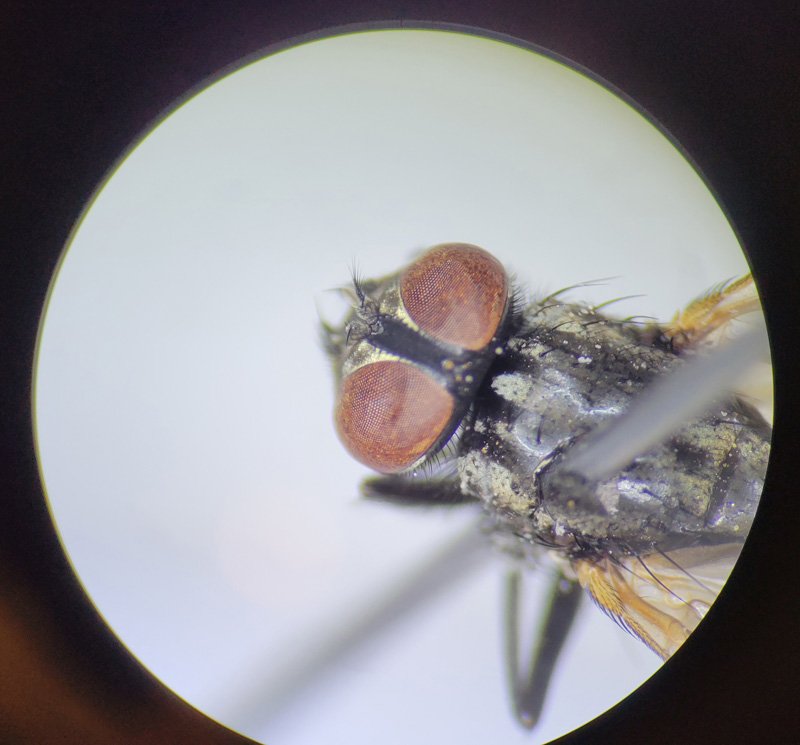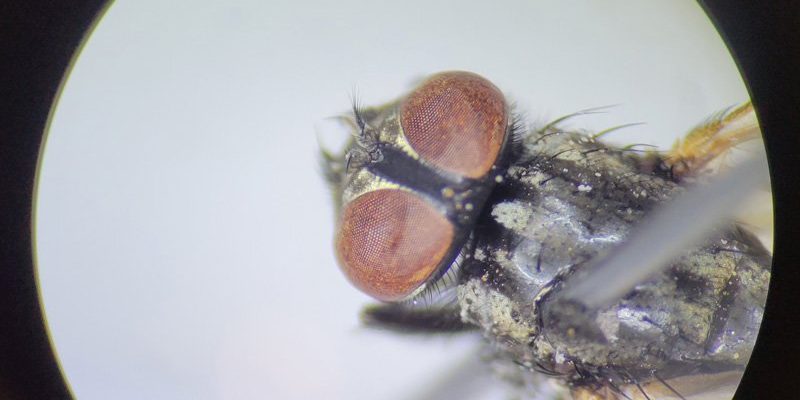
Houseflies may seem like pests, but they’re integral players in the circle of life. Imagine a bustling city where everyone has a job to do. Each person contributes in unique ways, creating a vibrant community. Similarly, houseflies have their own roles—whether it’s helping with decomposition, serving as food for other animals, or even aiding in pollination. It’s a system where every player counts, and houseflies are no exception.
Curious about how this all works? Let’s break it down.
Houseflies: The Decomposers of Nature
One of the most crucial functions of houseflies is their role in decomposition. You might have seen them buzzing around garbage or animal remains. While it might seem unhygienic, houseflies are actually doing a vital job. When they land on decaying matter, they lay eggs that hatch into larvae, commonly called maggots. These maggots consume the decomposing material, breaking it down and speeding up the process of decomposition.
This natural recycling system is essential. Without houseflies, dead plants and animals would pile up, creating a messy environment and potentially fostering the spread of diseases. So, the next time you shoo a fly away, remember that it’s just doing its part in keeping nature clean and tidy.
Houseflies and the Food Chain
Houseflies are also a crucial part of the food chain. They serve as a food source for various animals, such as birds, spiders, and even some reptiles. Think of it like a never-ending circle—houseflies provide sustenance for other creatures, which then become food for larger predators.
For example, birds rely on houseflies during the breeding season when they need extra protein to feed their chicks. In this way, houseflies support the survival of many species. Without them, certain birds and other predators would struggle to find enough food, leading to shifts in population dynamics and even extinction of some species.
Pollination: Houseflies at Work
While bees are often hailed as the champions of pollination, houseflies contribute to this process too. Although they aren’t as efficient as bees, houseflies visit flowers to feed on nectar, transferring pollen in the process. This is particularly important for plants that flower early in the spring when bees might not yet be active.
Here’s the thing: many plants depend on various pollinators, including houseflies, to reproduce. This means that houseflies help maintain floral diversity, which is crucial for the health of ecosystems. So, the next time you see a housefly resting on a flower, it’s not just being annoying—it’s working hard to help plants thrive.
Houseflies and Disease Transmission
Now, it’s essential to address the darker side of houseflies. They are known to carry diseases, which can worry many people. Houseflies can pick up bacteria and viruses from decaying matter, human waste, or food. When they land on your kitchen counter or food, they may transfer these pathogens.
While this is true, it’s important to note that not all houseflies are carriers of disease, and many populations are generally harmless. Practicing good hygiene, like keeping food covered and cleaning surfaces regularly, can help mitigate the risks. Ultimately, understanding how houseflies operate can help us coexist with them without unnecessary fear.
Houseflies in Research
Houseflies aren’t just important for the environment; they also play a role in scientific research. Researchers use houseflies to study everything from genetics to disease control. Their short life cycles and ability to reproduce quickly make them ideal subjects for various experiments.
For instance, scientists have learned a lot about insect behavior and physiology through studying houseflies. This research can lead to breakthroughs in understanding how to control pest populations without harmful chemicals. It’s a fascinating area where houseflies contribute to advancements in science and pest management.
Impact of Houseflies on Agriculture
In agriculture, houseflies can be both a boon and a bane. On one hand, they help break down organic waste, which can enrich the soil. This natural composting process can benefit farmers by improving soil health and fertility.
On the flip side, houseflies can also be a nuisance for livestock. They can spread diseases among animals, leading to health issues and economic losses for farmers. Finding ways to manage housefly populations while still appreciating their ecological roles is a challenge that many farmers face.
So, what’s the takeaway about the role of the housefly in ecosystems? While they may not be the most glamorous insects, houseflies play vital roles in decomposition, the food chain, pollination, and even scientific research. They help keep our environment in balance, supporting countless species—including humans.
Next time you see a housefly, think beyond just swatting it away. Instead, recognize its contributions and the complex web of life it’s part of. With a little understanding and care, we can appreciate the housefly not just as a pest, but as an important player in our world.

